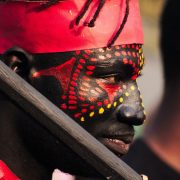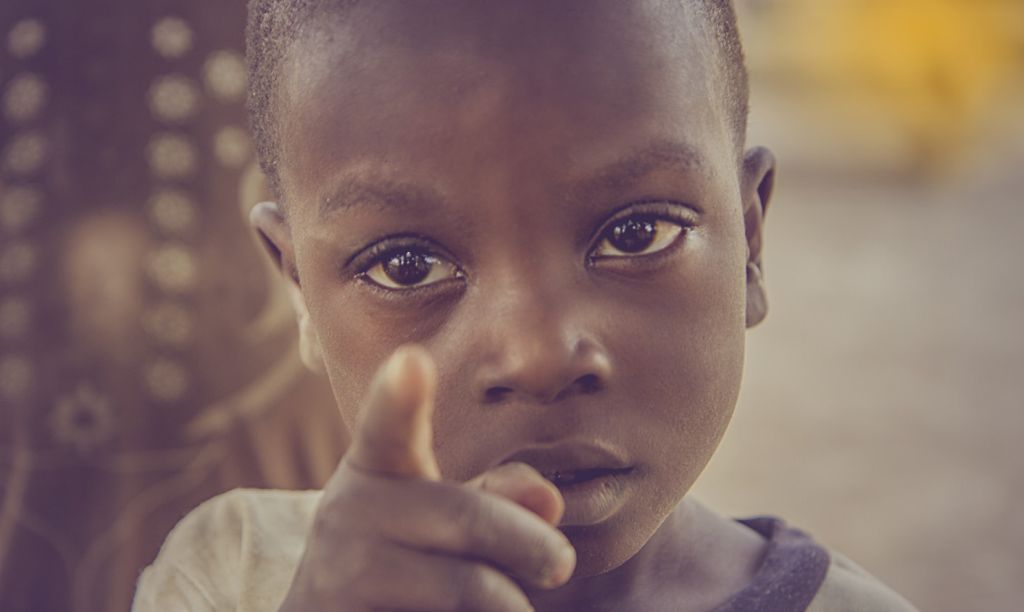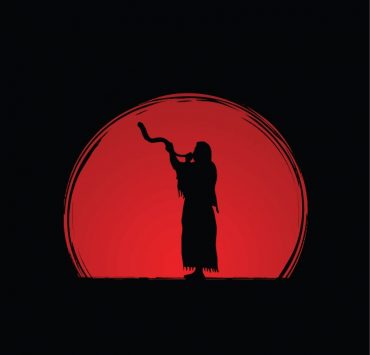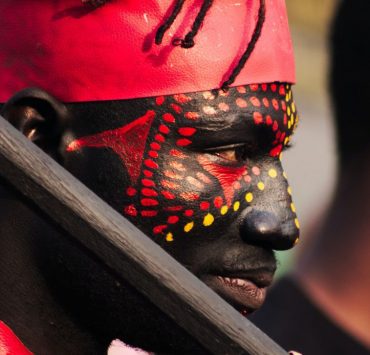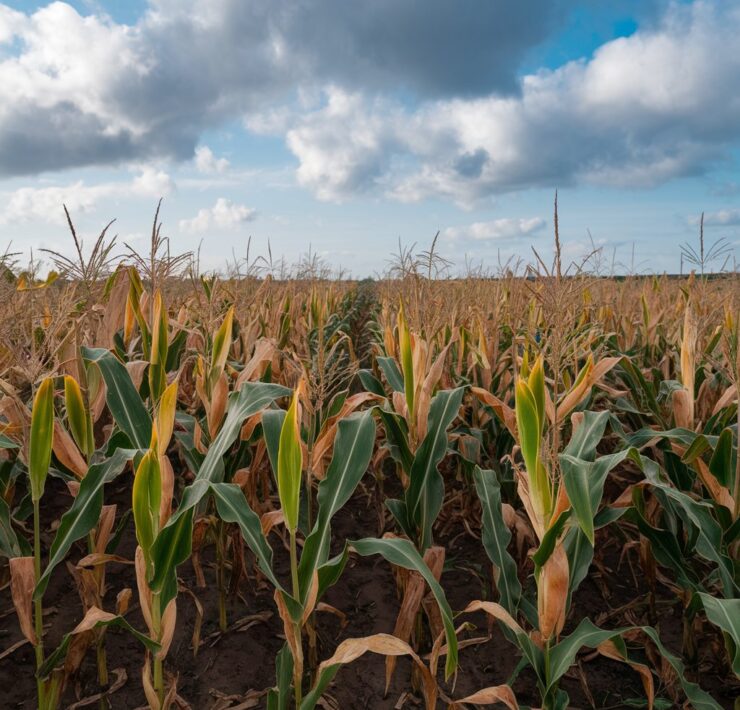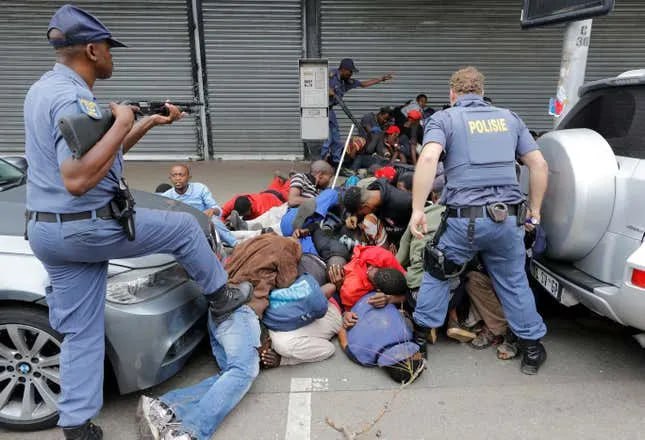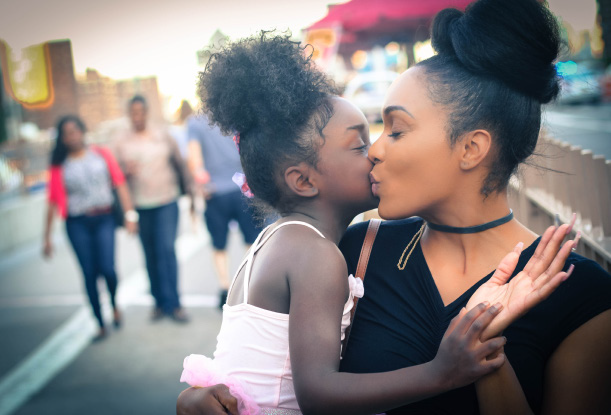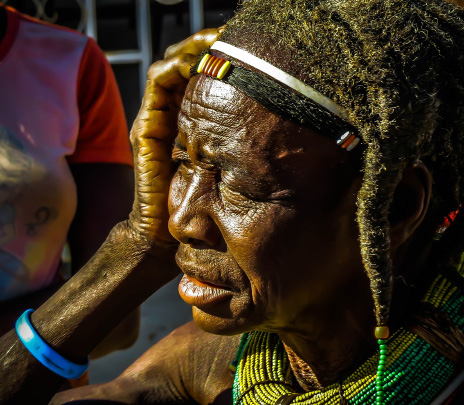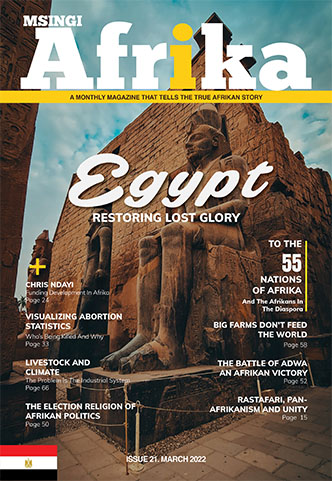The Quest for Identity and Survival in Okey Ndibe’s “Foreign Gods, Inc.” and Chika Unigwe’s “On Black Sisters Street.”
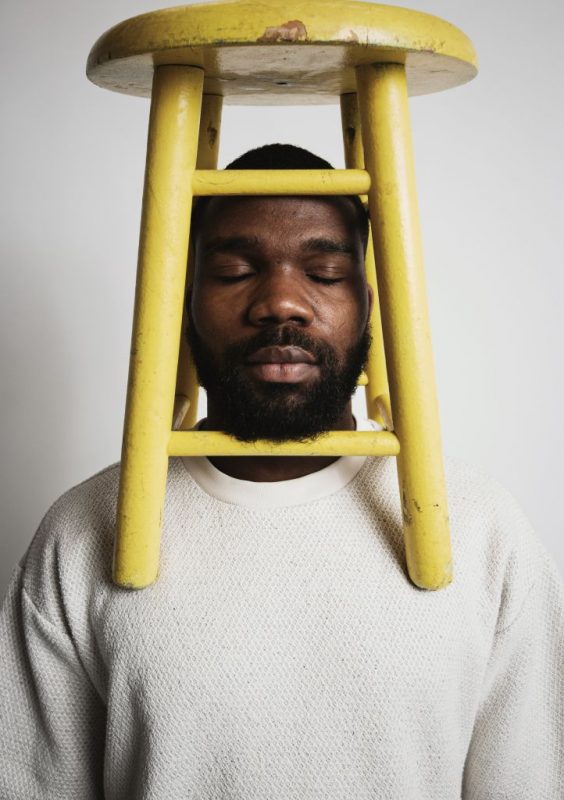
Ejuchegahi A. Angwa is an interdisciplinary scholar of African descent.…
Read Next
This article was edited by its author from the original paper to fit this publication.
In examining aspects of identity and survival in ‘Foreign Gods, Inc.’, Okey Ndibe’s latest novel and ‘On Black Sisters Street’ by Chika Unigwe, these intellectuals show new trends in post-colonial African Literature. Both works present a succinct portrayal of characters in search of individual identities but against a new and interesting perspective, a perspective that is in line with the political transformation of post-colonial Africa. Moreover, these themes are extremely relevant in the twenty-first century with its increased emphasis on place and globalization. We are examining the quest for identity and survival, first against an African background and then against the backdrop of a foreign land.
The era of identity crises is that of the ‘bat man’. The socio-political condition in the country at this period bred characters that were like the bat, neither bird nor mammal. The encounter with colonialism and the attendant introduction of the western culture molded men who were culturally neither Africans nor Europeans. For example, in the myth about white superiority began to wane in the mind of the average Nigerian citizen. Nigerians had gone to the world war and come back with experiences and stories of their interactions with the white man. These ex-soldiers began to educate other Nigerians at home on the fallibility of the white man. Yet these people came back with relics of their interactions with the white man which they inadvertently shared with their people. Their sojourn only helped to fire in them the zeal to be like the white man or even to surpass him in his culture.
NgoziChuma-Udeh in her ‘Trends and Issues in Nigerian Literature’ sums this up: “…at the same time, Nigerians began to travel to Europe for the acquisition of knowledge. These people got trained up to the university level in different areas of specialization. This gave them ample time to interact with the white man in his natural domain. Here, they imbibe to the fullest, the white man’s culture. When they come back, they come back as different persons.”
This means that the Nigerian, having imbibed without adulteration the western culture, strove to be like the Europeans. The chagrin then was that no matter how much they tried, achieving the dream of being a complete European with black skin was a mirage. It was an unrealistic fantasy and an effort in futility. Meanwhile, these characters had lost grip of the cultural values of their people. They could no longer fit in comfortably into the society of the traditional Nigerians. These characters became black-white men and found themselves in a most contradictory situation. The writers of these eras incidentally were members of this class and their works depicted the psychoanalytical consciousness of the members of their class.
They presented characters who were at a crossroad, characters afflicted with cultural conflict and whose identities were in crises. ChidiAmuta summed up the literature of this age: “This is the expression of the infancy of socio-cultural dissonance. The naïve, having swallowed the bitter pill of alien values, suffers cultural indigestion. The hero is a bat, neither a mammal nor a bird. He is a black-white man. A living contradiction! The characteristic world of the novel reaffirms, with diminishing confidence, the hegemony of traditional values now under siege. The novelist has begun, unconsciously, to psychoanalyze himself and his class in the light of new realities and truths. We can see him in the characters he creates.”
Okey Ndibe in ‘Foreign Gods Inc.’ tries to use fiction to demonstrate the ills in Nigerian society. The novel captures the issue of bribery and corruption in the Nigeria Customs Service and Police Force, who resort to these for survival. He also captures corrupt practices in America to a little extent. Oxford Advanced Learners Dictionary defines corruption as “a dishonest or illegal behavior especially of people in authority, allegations of bribery and corruption.”
Mulinge and Lesetedi define corruption as: “A form of antisocial behavior by an individual or social group which confers unjust or fraudulent benefits on its perpetrators is likely to subvert or diminish the capacity of the legitimate authorities to provide fully for the material and spiritual well being of all manners of society in a just and equitable manner.”
The Nigeria Customs Service exhibits or is known for bribery and corruption as the author captures it. As Ike returns from America, he is queried about his luggage at the airport by Nigerian Custom Office requesting a bribe before they can let him go. In his narrative, Ndibe writes: “You have twenty-two packet shirts, twelve dresses, many, many trinkets and sixteen deodorants.” Ike nodded. “That na commercial quantity. You have to pay duty.” “What do you mean by commercial quantity?” “Na buying and selling.” “It’s not true.” Ike looked straight in the face. “They are gifts.” The officer sneered. “Gifts?” He sharply turned away. The officer shrugged, unimpressed. “I don tell you. This na (is) commercial quantity.”
The above excerpt depicts the decay in Nigeria Customs Service, which has become the order of the day. This contributes to the absurdism of government agencies because corruption breeds from their tents. How can it be that the government institution that should project transparency is the biggest perpetrator of vices? This causes a proliferation of social vices in the society. The red-tapism of the officers encourages extortion because every officer wants to make it by all means too. In a related development, Desta is of the view that corruption by most Africans is a practical issue that involves: “Outright theft, embezzlement of funds or other misappropriation of state property, nepotism and the granting of favor to personal acquaintances and the abuse of the public authority to extract payment and privilege.”
This means that the government officials in most African countries are outrightly involved in bribery and corruption or the sole perpetrators of corruption which has negative effects on the masses. The manner in which corruption is defined ends up determining what gets modeled and measured. Jain, an economics professor at Concordia University argues that a brief definition of corruption is difficult to get. He defines corruption as “an act in which the power of the public office is used for personal gain in the manner that contravenes the rules of the game.” He comments on the abuse of public office for selfish interest. Dininio and Kpudeh posit that from an institutional point of view, corruption arises where public officials have wide authority, weak accountability and bad incentives.
This captures the corruption in Nigerian society and some other parts of Africa. There is a way out or short cut to everything in Nigeria which brings corruption to the highest level. Corruption has become the bedrock for survival in Nigeria. As a result of political corruption and lapses, individuals resort to vices to make both ends meet. This is seen in the character of Egoigwe, whose fortune comes from a career as a ruthless drug dealer. Egoigwe becomes so influential in Utonki village which makes him a ladies’ man. He pays his way out in the business either with a pastor, a mallam, or a dibia, for spiritual protection, to succeed in his drug business. He always succeeds in transporting drugs out of the country, which shows the incompetence of the customs officers and the drug agency on duty or rather, he bribes them. Corruption has become a means of survival. Thus Egoigwe indulges in drug trafficking to make enormous wealth and fame.
However, we see Ike from the early pages of the novel, hopeful about acquiring his green card; he goes to the extent of arranging a marriage orchestrated by Ricardo Otis, a Puerto Rican marriage broker. This desperate move, his only other choice after his relationship with college sweetheart Penny Rose crumbled because of race reasons, makes him the dupe for Ricardo’s scam. Yesenia, who he is supposed to marry in order to obtain his green card, never shows up, while Ricardo continues to obtain money from him on her behest. This is also a demonstration of assumption in the novel. Corruption is thus not applicable to Africa alone but worldwide.
There are ideological differences between the Christian and African traditional religions which create a vacuum in the social rapport between the individuals. Most importantly is the issue of supremacy between their respective beliefs. The Christians label African traditional religion as fetish, barbaric and evil. This is seen in the characters of Pastor Uka, Ike’s mother and his sister as they reject and try to indoctrinate Ike into their Christian ideology and to convince him never to associate with his uncle Osuakwu who is a traditionalist. Pastor Uka says: “Your uncle and grandmother are grandmasters in the demonic world. Your uncle is like Ahab and your grandmother is like Jezebel. Both of them are worshippers of Baal. God has given me the prophetic power of Elijah. A ball of fire will descend from on high and consume Baal and all its worshipers. That is why Osuakwu and your grandma are terrified of me.”
However, the above excerpt is to sensitize Ike of the dangers in associating with his uncle and grandmother who the Christians term evil. Pastor Uka also tries to convince Ike never to go near or associate with Osuakwu and his grandma. “If you go to see either of them, you’ll die. I receive that message this morning. If not for my fasting and prayer you would have been finished months ago.” The Christians are never seen around or gathered among the traditionalists who are termed “unbelievers” as Ike’s mother tells him that “light and darkness has nothing in common”. This creates social segregation in Ukonki village as well as Africa in general. However, Osuakwu who is a chief-priest of Ngene ostracizes himself from Christians whom he sees as a threat to the gods of their land. Their respective ideologies create sub-plots in the novel as their individual ideologies are carried out in its terrain. This shows that there is disconnection among people who ought to have associated as a family or community.
Quest for Identity and Survival in Chika Unigwe’s On Black Sisters Street.
Identity alterations occur in the four female protagonists of Unigwe’s ‘On Black Sisters Street’. This occurs at very profound, visceral levels in a harsh and hostile environment. Sisi, whose story turns tragic as she gets murdered for trying to escape slavery and the grip of her pimp, is born in Chisom, but she is forced to change her name. On landing in Belgium, Sisi is shocked when her supposed guardian and chaperone tells her “Ah, hand over your passport. From now until your debt is paid I am in charge of it”. She is first made to assume the identity of a Liberian fleeing the civil war in her home country and with this contrived story, she files for asylum in the Belgian Ministry of Foreign Affairs. In the words of Madam, her chaperone: “White people enjoy sob stories. They love to hear about us killing each other, about us hacking each other’s heads off in senseless ethnic conflicts”.
This begins the process of psychological alienation in Chisom as she transforms to become an anonymous “Sisi” in a foreign land. Sisi realizes too late that “Not only would she be Liberian, in the next months she would be other things. Other people”. To show their powerlessness and their new fringe’ existence in Belgium, Madam instructs the four ladies that until their debts to Dele have been liquidated, they remain his property. She demands their ‘silence and total obedience’ and this innocuous oath to secrecy redefines each one of the ladies.
The assumption of false identity ensures the strong grip of their pimp; they not only become anonymous, they are rendered faceless and devoid of any legal rights. Eventually, Sisi is murdered and this goes un-investigated because of her illegal status and she is thereby denied justice. Joyce, who is not Nigerian, is used by the author to reinforce the global dimensions of sex trafficking. Joyce is born Alek has been a victim of civil war and rape in her native Sudan. Alek’s name is changed to Joyce at the whim of Senghor Dele before she is sent to Belgium, a name he considers more fanciful than the former.
The protagonists of ‘On Black Sisters Street’ are all strong characters with tragic back stories in Africa, which have forced them into accepting Dele’s offer of trading in their bodies. Their identities become so altered that they become reduced to commodities and are displayed behind windows in the red light district for the delight and preying eyes of men – their clients. Their full objectification does not end with their display at the windows; they are always subjected to close scrutiny of their chaperone, Madam, who ensures they dress and look attractive as if they were wares. Daily on their job posts, they have to haggle constantly for fees to be paid by their prospective clients. For the four protagonists in this novel, the Belgian environment has rendered them without a genuine identity; they have become faceless, voiceless and as mere commodities to be traded in. While Sisi rejects this stifling and demeaning existence she has been reduced to, and ultimately pays the price for her quest for liberty with her life, as she fails to heed Senghor’s earlier warning: “No try cross me o. Nobody dey cross Senghor Dele!” Segun, who is presumed to be harmless and whose usefulness is only in fixing things in the house and running errands for Madam will be the one to snuff life out of Sisi by hitting her skull with a hammer. One can only imagine how many ladies he has taken down in such a gruesome way.
Efe decides to own her own girls once she pays off her debt. It is gratifying that Joyce and Ama on regaining their freedom make a clean break from this life. By and large, the impact of the new environment on the female black migrant is such that she loses her vivaciousness and sense of self, and becomes lonesome. Oge puts it succinctly: “You had become familiar with the smell of loneliness. It secretes a stench that clings to you… Before you came here, you never thought it possible that anybody could be this lonely. You used to have friends”. Lisa, the closest person to a friend that Oge has in Belgium makes her realize that “loneliness was one of the many reasons people committed suicide. Especially in the winter”.
Through the subliminal portrayal of male characters in the two novels, the author demonstrates that irrespective of the society in which a black woman finds herself, the tentacles of patriarchal structures including religious institutions also impinge on her freedom. For instance both pastors in these two novels studied here prey on the emotions of their female congregants. This is seen to be a continuum of the counter- hegemonic poise of many female African writers such as Flora Nwapa, BuchiEmecheta, Ama Ata Aidoo, Bessie Head, Tess Onwueme and Mariama Ba among several others. For instance, in ‘The Phoenix’, Oge’shusband, Gunter, is portrayed as selfish and insensitive to the feelings of his wife. When Oge announces that they are expecting a child, he never shows any enthusiasm; he crushingly states “I had not known we were trying for a baby” thus dampening Oge’s enthusiasm. When their son Jordi dies, he is quick to have him cremated, an uncommon burial practice in Africa that vexes Oge. Also, throughout Oge’s battle with cancer, he is not seen to be sympathetic and caring towards his ill wife. Senghor Dele and Segun are both male characters who lend credence to male-hegemony and patriarchy in Unigwe’s novel, ‘On Black Sisters Street’. Finally, quite inescapable is the reality of the complicity of the Belgian Police establishment, almost entirely controlled by men and heavily compromised due to monetary inducement by the pimps who run the sex trade.
Conclusion
We have been able to explore the quest of identity and survival from the novels ‘Foreign Gods, Inc.’ and ‘On Black Sisters Street’. Their characters portray experiences of dislocation, displacement, alienation and racism. Their locations do not portend much good for them as they are in positions that are the most vulnerable in society. The writers belong to a new crop of African writers who are based in the west and are still preoccupying themselves with experiences of Africans in metropolitan centers of the west.
Bibliography
Chuma-Udeh, Ngozi.Trends and Issues in Nigerian Literature. Mustard Printing and Co. Ltd, 2011.
Donologhue, Steve. Book World: OkeyNdibe’s Foreign Gods, Inc.: Offers Cultural Insight.
Ekunno, Mike. “Foreign Gods Inc.: Modern Story of Old Conflict.” Guest Blog Post.
Ikheloa, Ikhide. R. “Of Moral Absolutism and Fallen Gods”.Premium Times. January 21, 2014.
“Unigwe’s Novels”.Journal of Studies in Literature and Language.Vol. 14, No. 3, 2017.
Mulinge, M. M. &Lesetedi, G. N. Corruption in Sub Sahara Africa: Towards a more Holistic
Approach.African Journal of Political Science, Vol.7 (1). 2002.
Ndibe, Okey. Foreign Gods, Inc. New York: SOHO, 2014.
Ochor, Chibuike. Themes and Style in OkeyNdibe’s Foreign Gods, Inc. B.A. Essay, Department of English and Literature, UNIBEN, 2016.
Okoye, Chike .Ndibe’s.“Foreign Gods, Inc”.Journal of the Literary Society of Nigeria. 7, June 2015.
Oxford Advanced Learner’s Dictionary 8th ed. Oxford: Oxford University Press, 2010.
Unigwe, Chika. On Black Sisters Street. Random House, 2011
Subscribe now for updates from Msingi Afrika Magazine!
Receive notifications about new issues, products and offers.
What's Your Reaction?
 PIN IT
PIN ITEjuchegahi A. Angwa is an interdisciplinary scholar of African descent. He believes in the advancement and "remaking" of post-colonial Africa and that Africa can and should take her rightful place in the 21st century and beyond.








